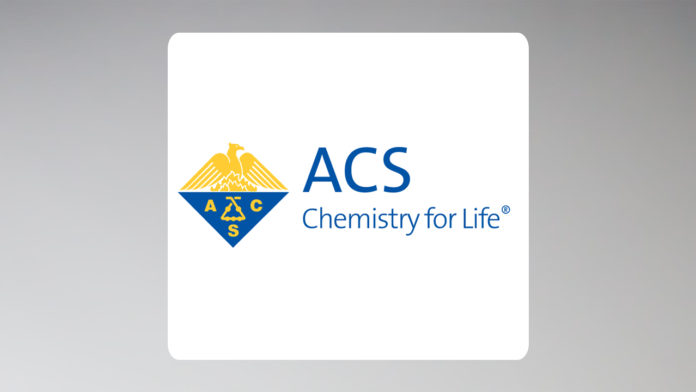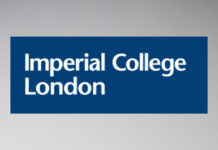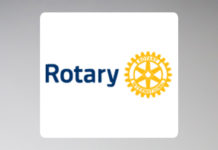Chemists have been doing computations for centuries, but the field we know today as “computational chemistry” is a product of the digital age. Martin Karplus, Michael Levitt, and Arieh Warshel won the 2013 Nobel Prize in Chemistry for work that they did in the 1970s, laying the foundations for today’s computer models that combine principles of classical (Newtonian) physics and quantum physics to better replicate the fine details of chemical processes. In 1995, three computational chemists, Paul Crutzen, Mario Molina, and F. Sherwood Rowland, won the Chemistry Nobel for constructing mathematical models that used thermodynamic and chemical laws to explain how ozone forms and decomposes in the atmosphere. However, computational chemistry was not generally thought of as its own distinct field of study until 1998, when Walter Kohn and John Pople won the Chemistry Nobel for their work on density functional theory and computational methods in quantum chemistry.
Computational chemists’ daily work influences our understanding of the way the world works, helps manufacturers design more productive and efficient processes, characterizes new compounds and materials, and helps other researchers extract useful knowledge from mountains of data. Computational chemistry is also used to study the fundamental properties of atoms, molecules, and chemical reactions, using quantum mechanics and thermodynamics.
Computational chemists use mathematical algorithms, statistics, and large databases to integrate chemical theory and modeling with experimental observations. Some computational chemists create models and simulations of physical processes, and others use statistics and data analysis techniques to extract useful information from large bodies of data. Advances in computer visualization capabilities make it possible for the computational chemist to present complex analyses in a readily understandable form, which they can use to design experiments and new materials and validate the results.
















